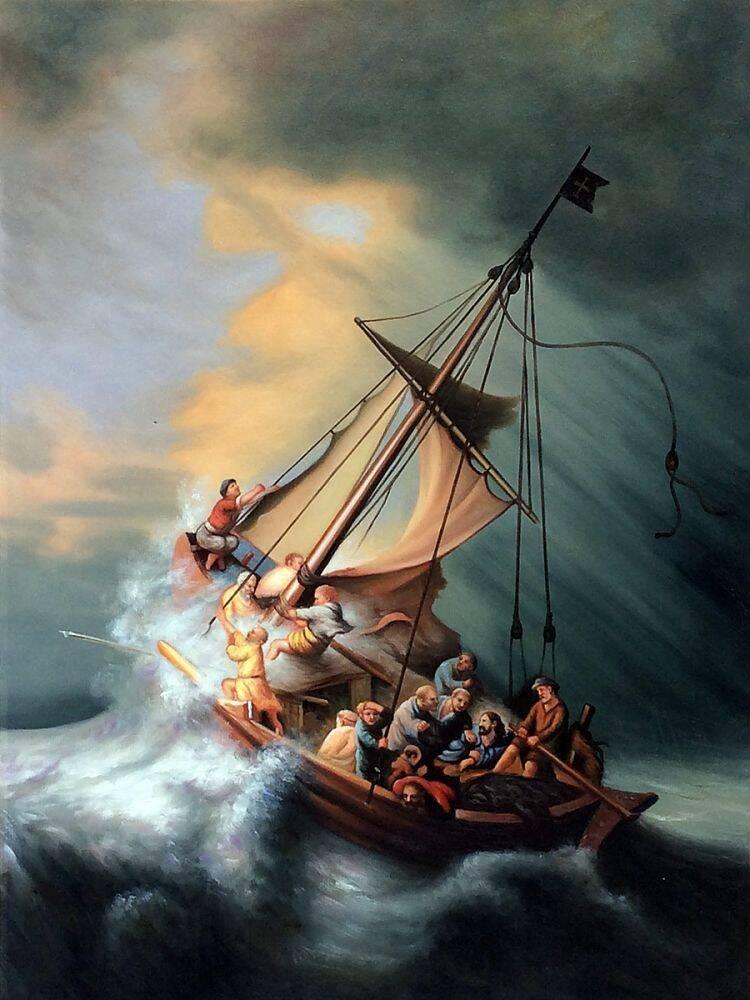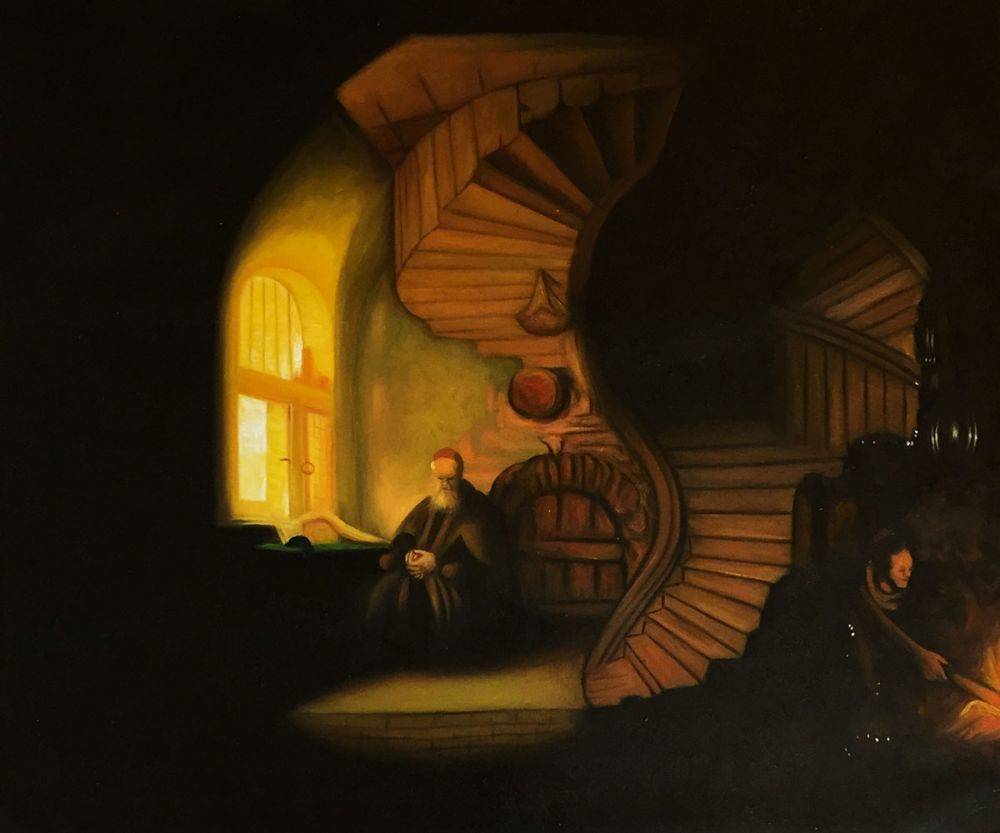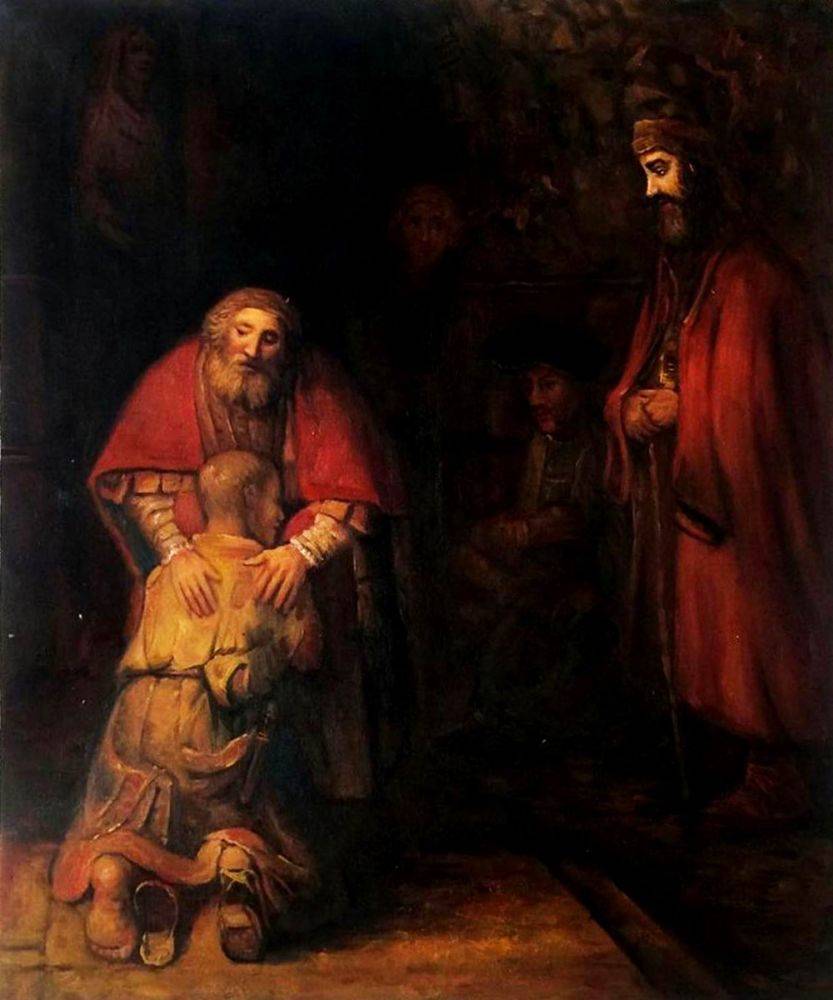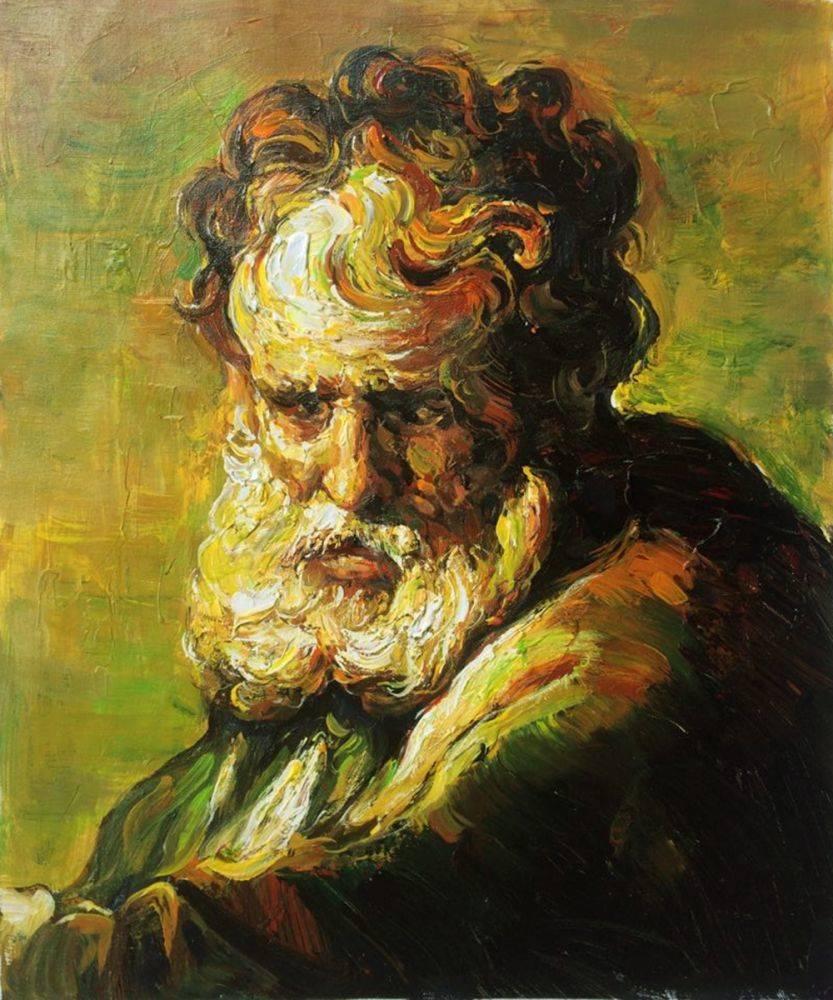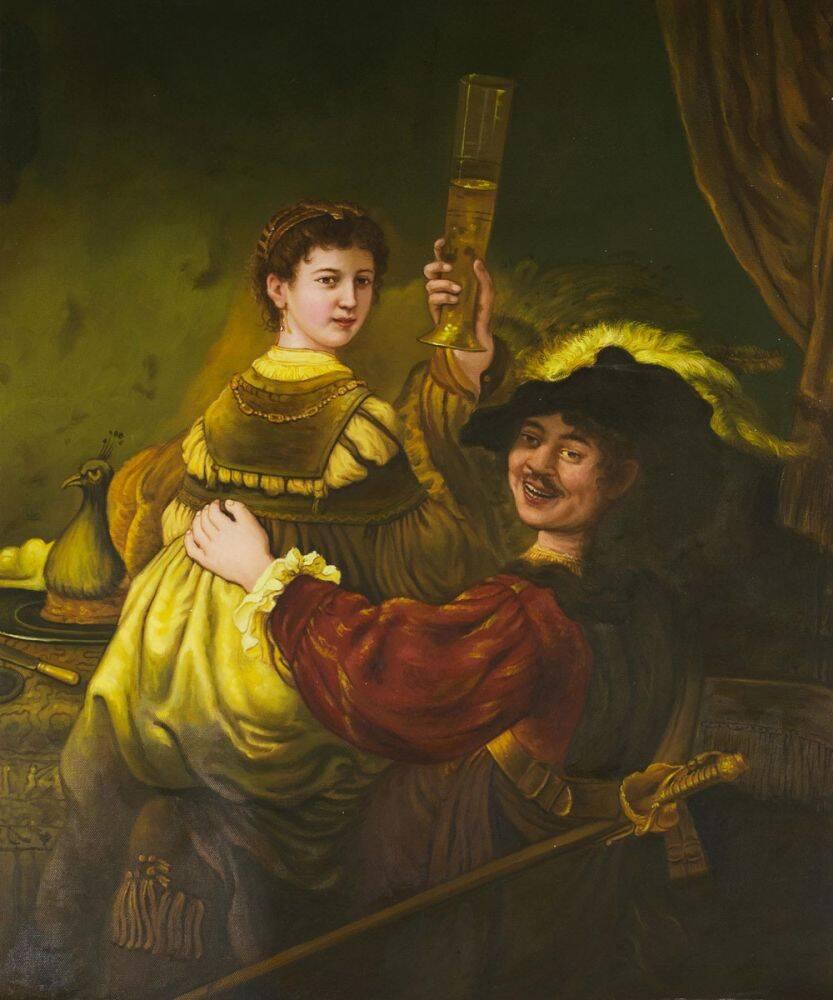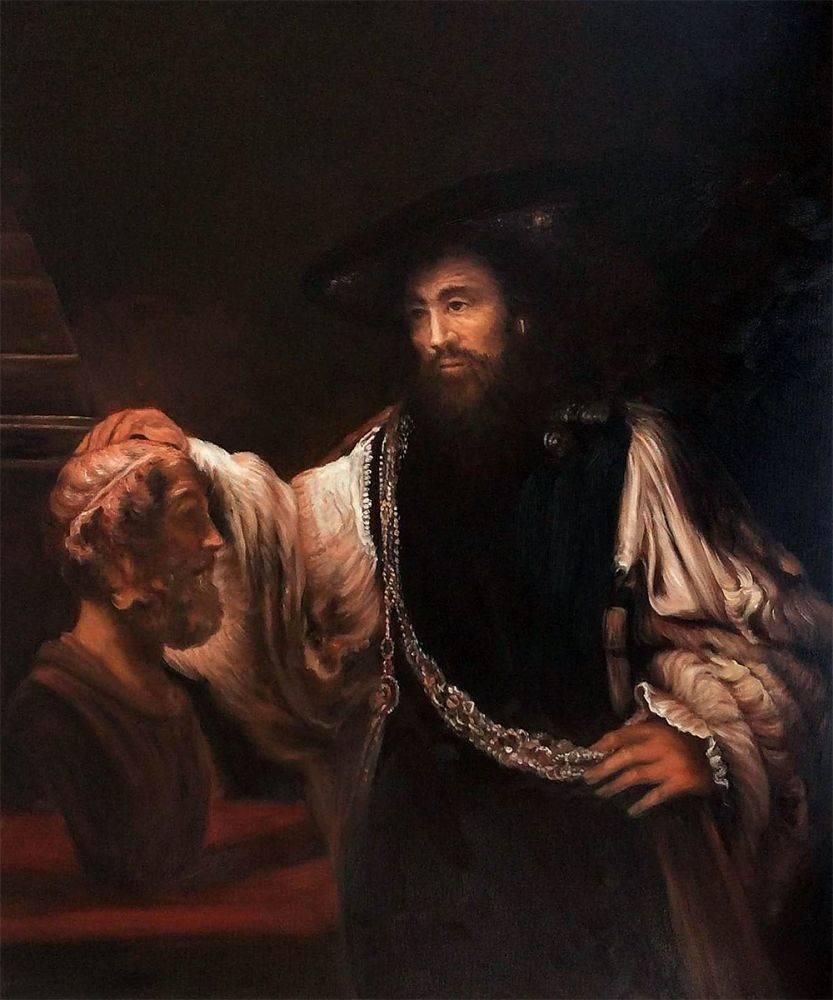Art
Art History
Art in Movies
The Isabella Stewart Gardner Art Heist
It is the early morning of March 18, 1990. A hatchback car is parked on the side of the street next to the Isabella Stewart Gardner Museum. Two men dressed as Boston police are buzzed into the security doors by a museum guard. The supposed police captured the guards and tie them up in the basement. The thieves took thirteen artworks, cutting them out of the frames. This art heist takes over an hour, and they leave the museum without a trace.
The FBI estimated the worth of the works they stole to be 500 million dollars.
The museum had been cased before by criminals in 1982. At the time, the museum was in need of funding and as such, lacked good security. With the first potential heist thwarted, the museum allocated funds to make improvements… but it was still only sixty motion detectors and four cameras with CCTV. There was still only one button to call the police in case of emergency, at security headquarters.
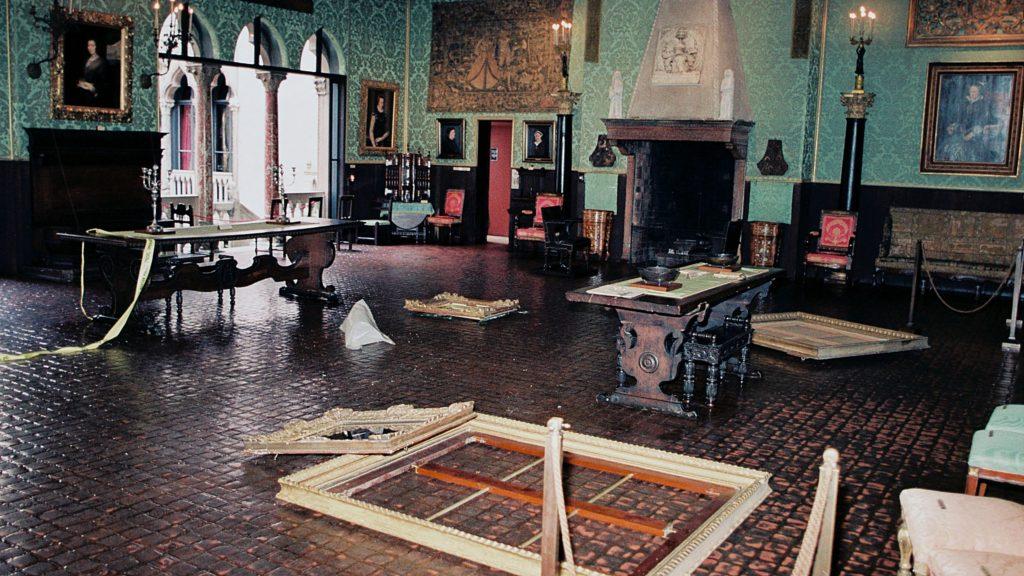
When authorities arrived, the cameras had been turned around and security cassettes that had recorded their entrance were gone. The alert receipts from the motion detector were also taken. The guards were found bound in the basement with duct tape covering their eyes. There were empty frames scattered about and the secrete door in the Dutch room was open. Mockingly, an empty frame was left on the seat of the head security guard’s chair.
To this day, there have been no arrests and none of the artworks have been found. The 10 million dollar reward is still being offered for the artworks’ return.
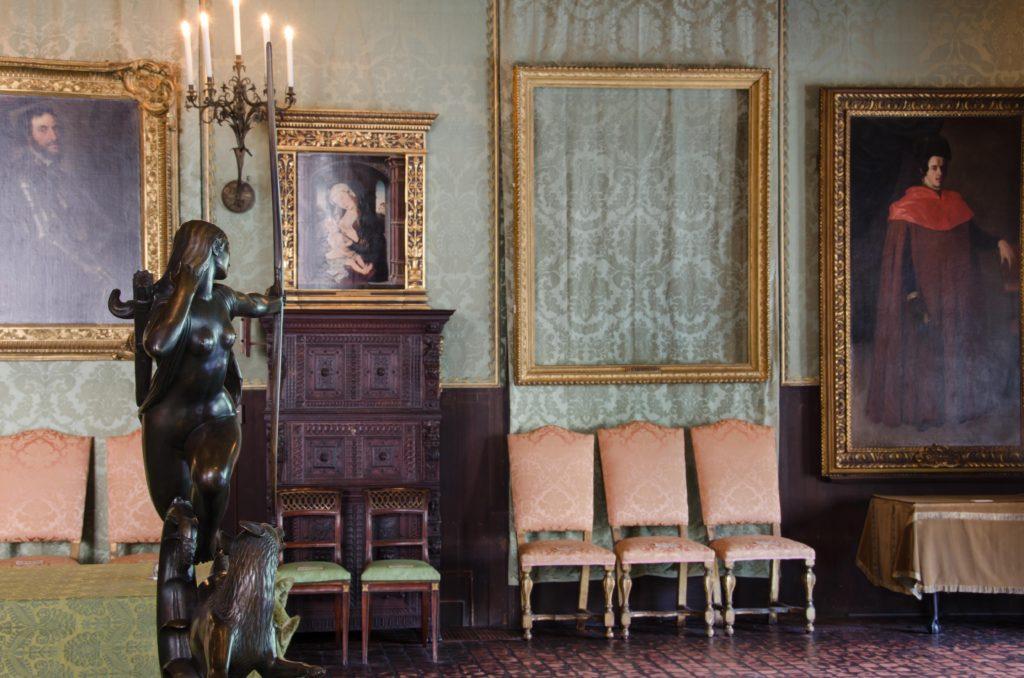
Missing Rembrandt’s
Of the thirteen artworks stolen in the heist, three were Rambrant’s, including The Storm on the Sea of Galilee.
He painted The Storm on the Sea of Galilee in 1633. Depicted is the biblical story of Jesus calming a storm from the Gospel of Mark. The disciples are franticly moving about the ship, while Christ sits calmly as a huge wave is beating against the side of the ship. One crewmember is looking out at the viewer, on closer inspection; we see that it is Rembrandt himself.
He created this work after just moving to Amsterdam. At this time, Rembrandt was working to become the leading portraitist and historical painter there. It is a spectacular example of his early style. For example, the varied expressions, tight brushwork, bold colors, and narrative scenes. His expert use of chiaroscuro commands the viewer’s attention. Certainly, The Storm on the Sea of Galilee fueled Rembrandt’s fame and prestige.
Documentary
This Is a Robbery is a newly released documentary that dives into the mystery of the Gardner art heist. You can find this docu-series on Netflix, and we here at overstockArt.com highly suggest it to anyone who loves art and crime. The documentary does leave you wondering…how did the thieves get the uniforms and how did they know so much about the museum? But most importantly, where are the artworks?
While you can’t see The Storm on the Sea of Galilee in person, you can own an incredible oil painting reproduction of the masterpiece from overstockArt.com.


